Raising well-rounded, emotionally healthy children requires more than academic instruction. Social Emotional Learning (SEL) fosters essential life skills such as empathy, emotional regulation, and responsible decision-making.
We will take a closer look at social emotional learning: what it means, why it matters, and how to support it in everyday school and family life. Let’s delve in!
- What Is Social Emotional Learning (SEL)?
- 5 Core Skills of Social Emotional Learning
- Benefits of Social Emotional Learning for Students
- How Schools Implement Social Emotional Learning
- How Parents Can Support Social Emotional Learning
- How UNIS Hanoi Prioritises Social Emotional Learning
- Foster Social Emotional Learning with UNIS Hanoi
What Is Social Emotional Learning (SEL)?
Social Emotional Learning (SEL) is an educational framework designed to cultivate essential life skills in students.
It includes identifying emotions, self-regulation, empathy, the ability to set, plan, and achieve goals, demonstrating empathy, building healthy relationships, and making responsible choices.
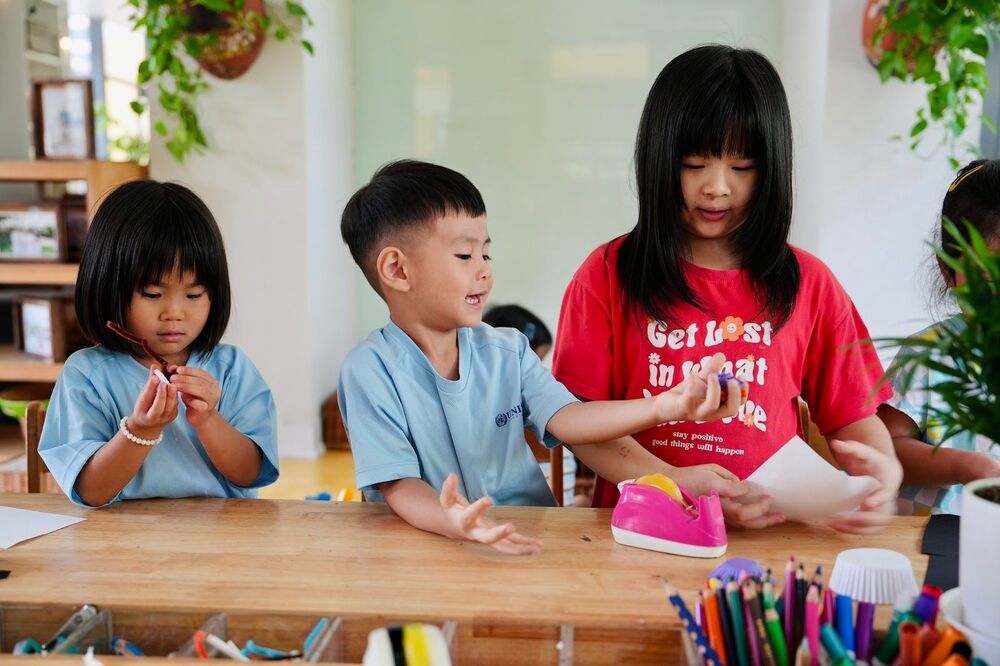
SEL is integral to education, nurturing the whole child and ensuring they develop into well-rounded individuals.
At UNIS Hanoi, we view SEL as a cornerstone of personal growth, enabling students to thrive in diverse settings and laying the groundwork for their lifelong well-being and success.
5 Core Skills of Social Emotional Learning
At the heart of social emotional learning lie five interrelated competencies that scaffold students’ emotional and social growth.
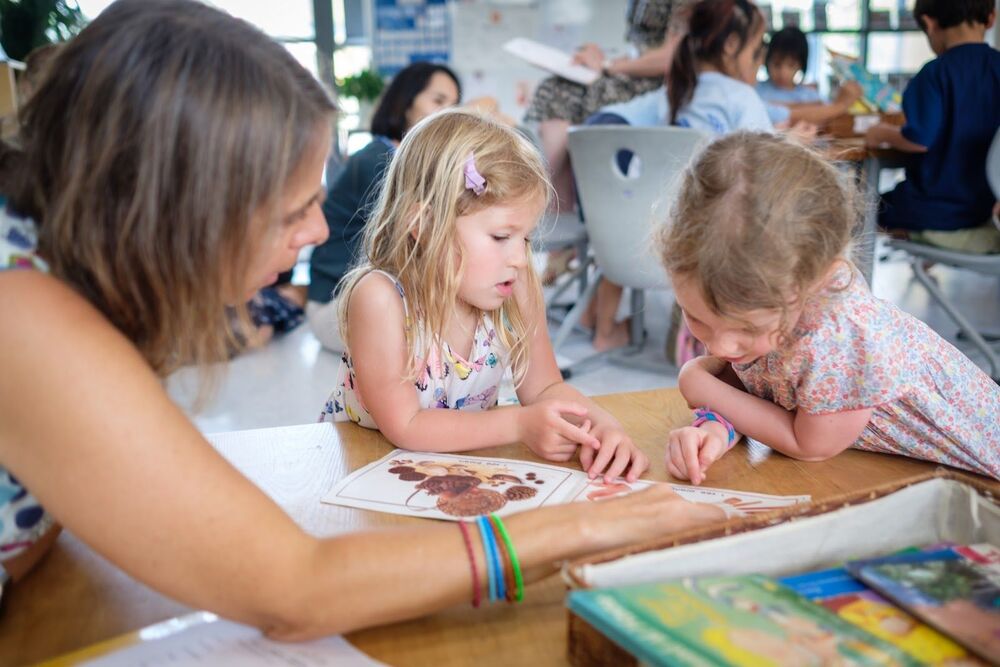
Below, we introduce each and outline their significance:
- Self-awareness: Recognising one’s emotions, values, and strengths, and understanding how they influence thoughts and behaviours.
- Self-management: Effectively regulating emotions, thoughts, and behaviours in different situations and setting personal and academic goals.
- Social awareness: Empathising with others from diverse backgrounds and cultures, understanding social norms and recognising support available in the community.
- Relationship skills: Establishing and maintaining healthy and rewarding relationships through clear communication, active listening, and conflict resolution.
- Responsible decision-making: Making ethical, constructive choices about personal and social behaviour based on consideration of consequences and wellbeing of self and others.
These core skills work together to support academic success and positive mental health, enabling students to navigate complex social landscapes.
Benefits of Social Emotional Learning for Students
Implementing social emotional learning yields measurable benefits across academic, emotional, and social domains.
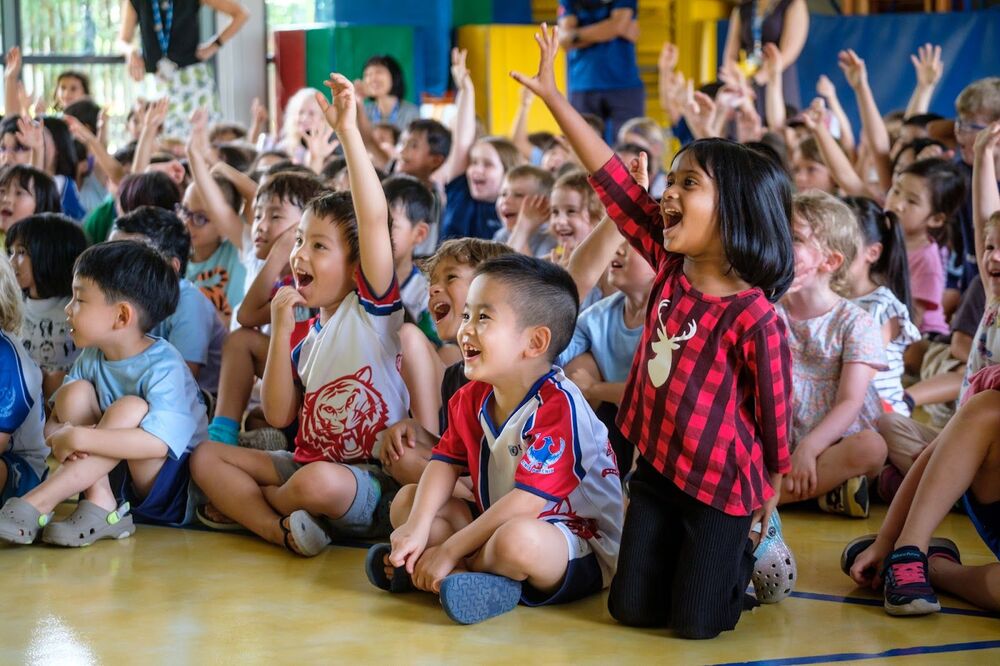
Students who develop social emotional learning competencies demonstrate:
- Academic Success: Enhanced engagement, improved test scores, and higher graduation rates, as emotional regulation enables focused learning.
- Improved Mental Health: Decreased anxiety disorders, depressive disorders, and behavior problems through awareness and coping skills.
- Better Relationships: Improved peer relationships, increased overall peer acceptance, and reduced bullying because of empathic and relationship skills building.
- Future Readiness: Development of resilience, collaboration, and leadership qualities essential for higher education and career pathways.
By emphasising emotional literacy and interpersonal competence, social emotional learning cultivates a holistic growth trajectory, equipping students to thrive in and beyond the classroom.
How Schools Implement Social Emotional Learning
Effective social emotional learning implementation requires strategic school-wide initiatives, professional development, and curriculum integration. We introduce four key approaches employed at UNIS Hanoi and similar institutions.
Create a Supportive Environment
Schools establish caring climates where all members feel safe, respected, and valued. This involves clear behavioural expectations, restorative practices for conflict resolution, and dedicated spaces for mindfulness breaks.
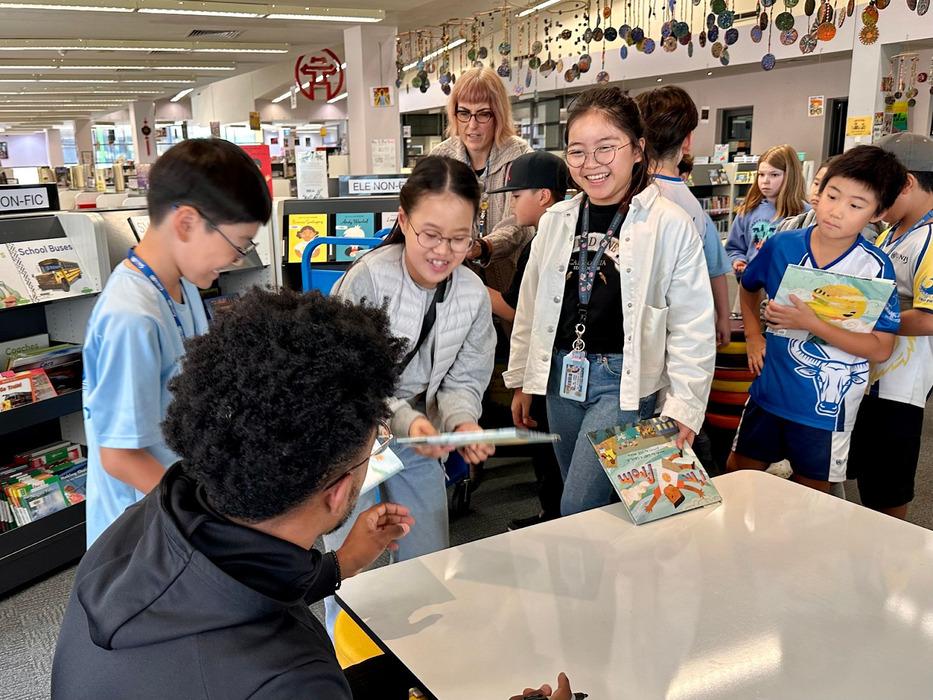
At UNIS Hanoi, our pastoral care teams collaborate with teachers to ensure classrooms nurture emotional and academic growth.
Embrace Diversity
Recognising and celebrating students’ varied cultural, linguistic, and socio-emotional backgrounds deepens social awareness.
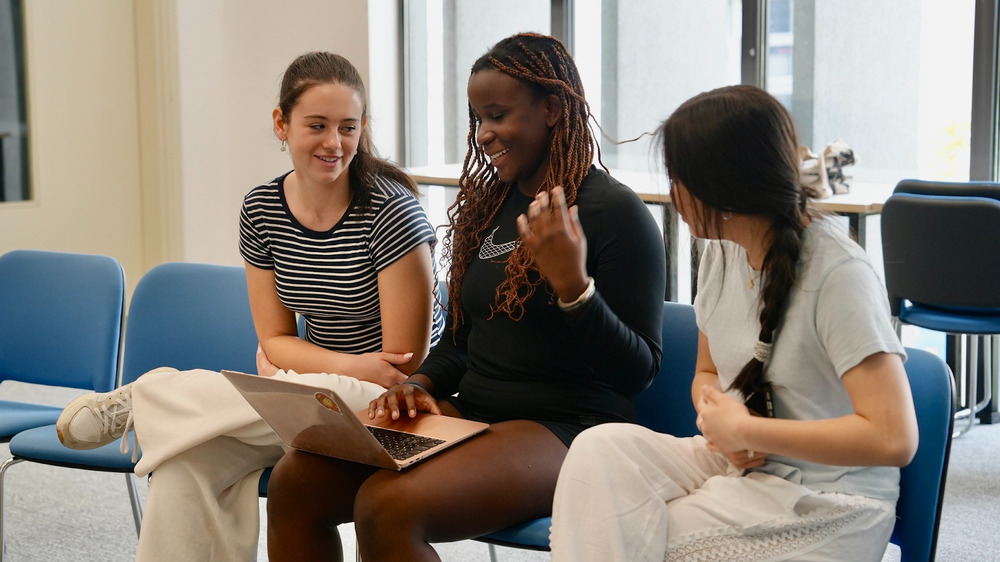
Through inclusive pedagogy, multicultural assemblies and heritage celebrations, we foster empathy and respect for difference – cornerstones of social emotional learning.
Make Space for Reflection
Regular reflection activities, such as journaling, class circle discussions, and guided mindfulness, to encourage students to process experiences, recognise emotional patterns, and set personal goals.
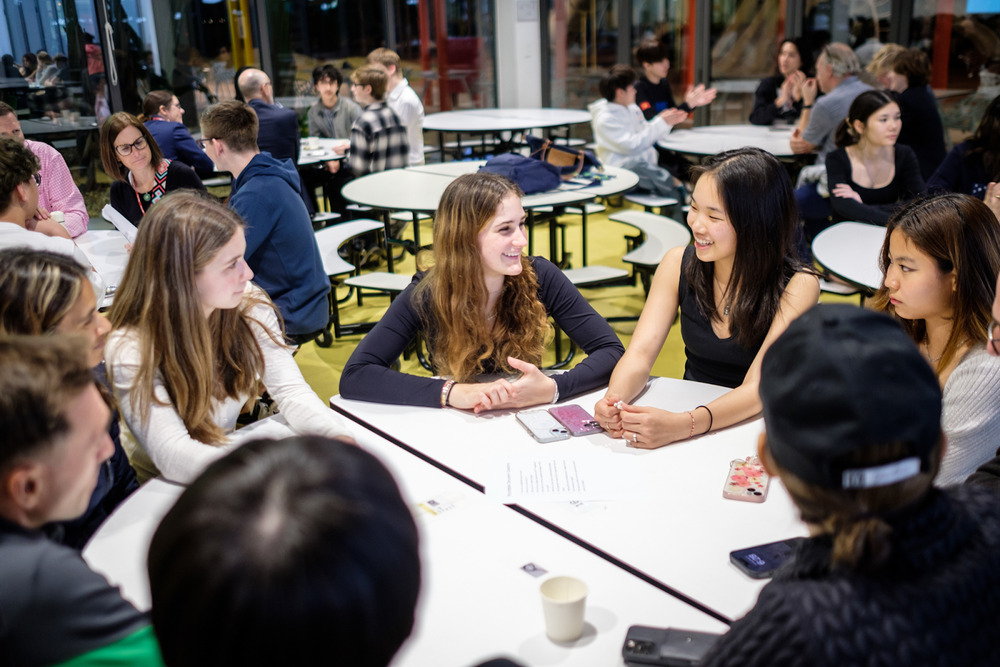
UNIS Hanoi’s IB units integrate reflective journals, allowing students to connect content with their own social and emotional development.
Share Teachers’ Experiences
Our educators model SEL competencies by sharing their own experiences and strategies for managing emotions and relationships. This transparency fosters trust and provides students with practical examples of social emotional learning in action.
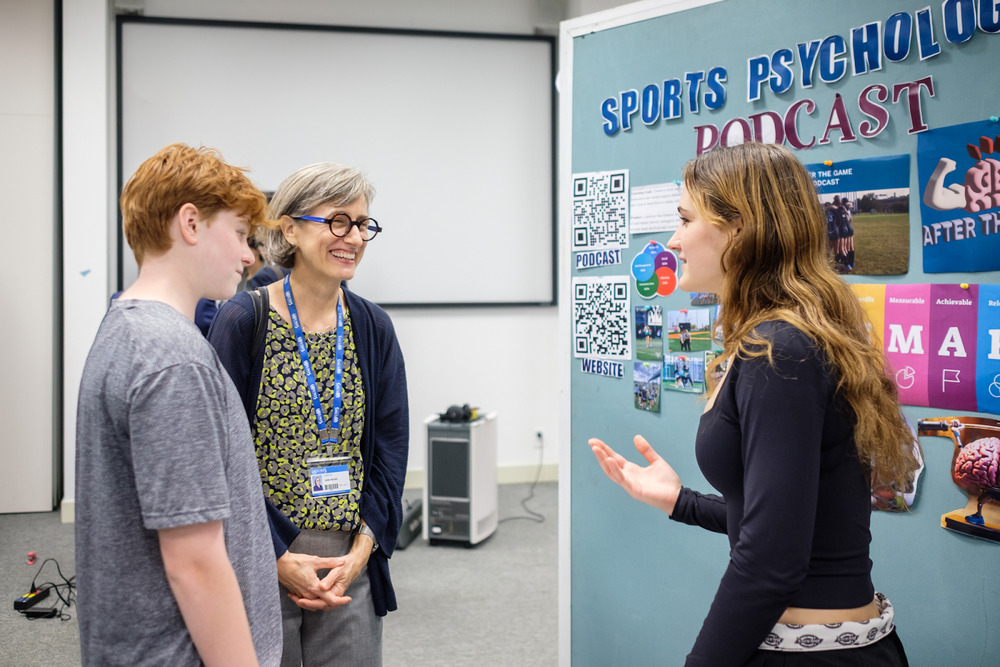
By weaving SEL across school culture, curriculum and staff collaboration, institutions build systemic capacity to support students’ whole-child development.
How Parents Can Support Social Emotional Learning
Parents play a pivotal role in reinforcing social emotional learning at home. Age-appropriate activities strengthen the bridge between school and family, fostering consistent emotional growth. Below, we outline strategies for different developmental stages.
For Toddlers and Preschool Children
Early childhood is a formative period for emotional vocabulary and self-regulation.
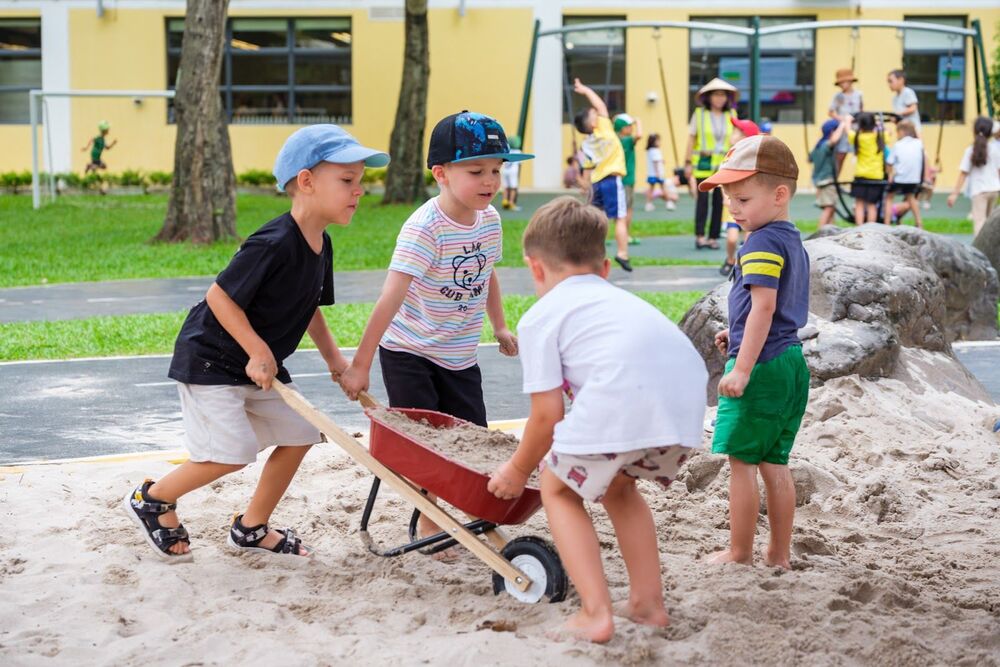
Parents can support by:
- Parental Guidance: Model naming emotions (“I feel happy when we play this game”) and coach simple coping strategies (deep breaths).
- Mood Charts: Use visual charts with faces representing different feelings; encourage children to point to their mood throughout the day.
- Play: Engage in cooperative games and role-play scenarios, highlighting sharing, turn-taking, and empathy.
These playful, supportive interactions lay the groundwork for self-awareness and social awareness in later years.
For Elementary School Children
As children grow, they benefit from creative expression and structured mindfulness.
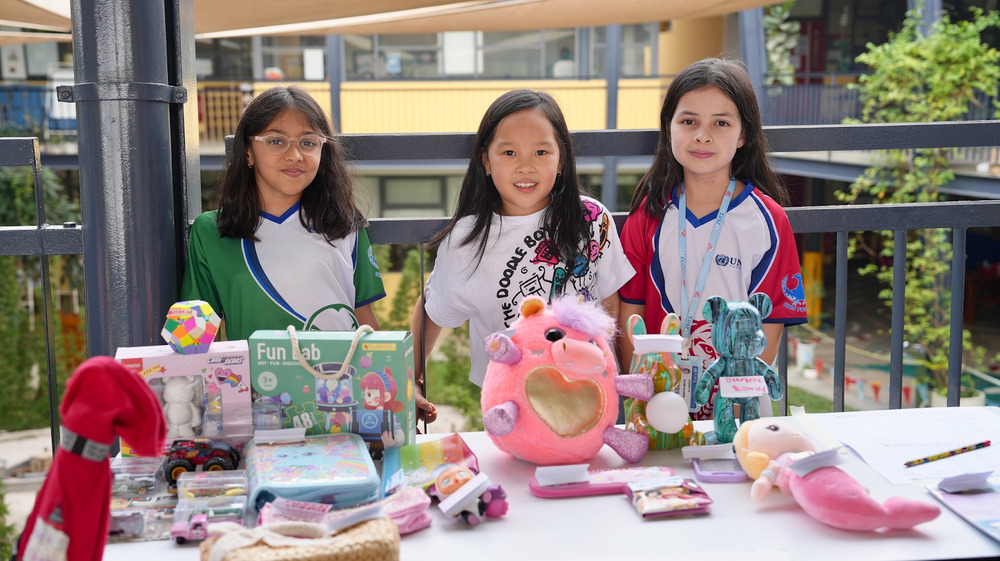
Parents can support by:
- Arts & Play: Facilitate art projects (drawing emotions, creating emotion-charades) and cooperative board games that require collaboration and rule-following.
- Mindfulness Activities: Introduce age-appropriate guided meditations or breathing exercises – five minutes after school can help children transition from academic to family time.
Such activities reinforce self-management and relationship skills in a relaxed, engaging context.
For Middle Schoolers and High Schoolers
Adolescents thrive with opportunities for introspection and autonomy.
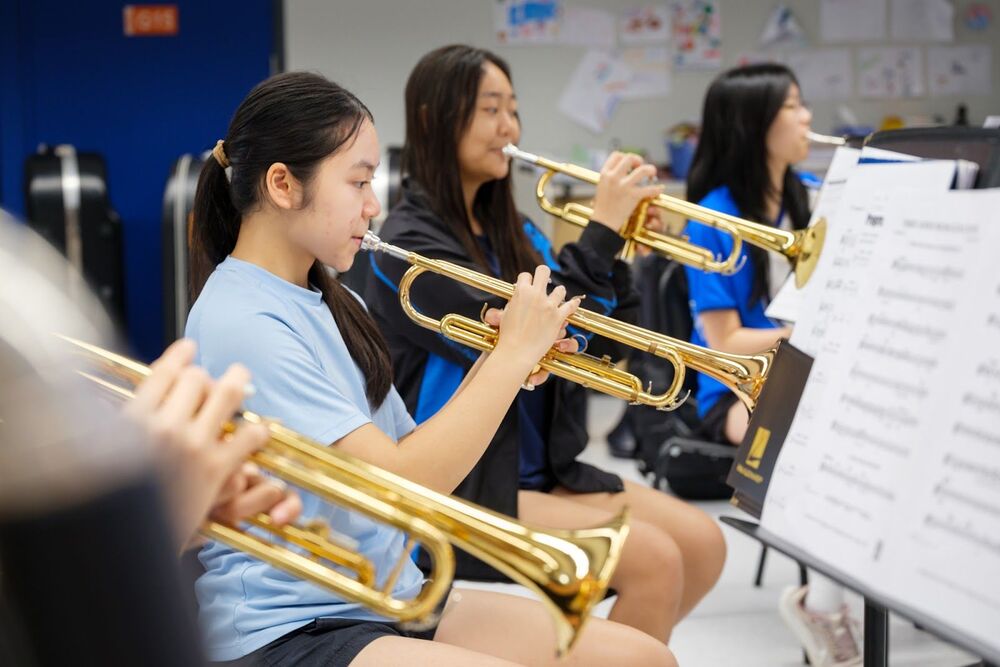
Parents can support by:
- Journal Reflection: Encourage regular journaling prompts (for example, “Describe a time you showed kindness today”) to deepen self-awareness and responsible decision-making. Mindfulness Apps and Activities: Recommend reputable mindfulness or wellbeing apps tailored for teens, and practice guided sessions together once weekly.
- Art & Performance: Support participation in drama, music or visual arts, where expressing emotions and collaborating on projects builds social awareness and relationship skills.
By alternating structured reflection with creative and technological tools, parents help older students integrate social emotional learning into their emerging identities and broader life choices.
How UNIS Hanoi Prioritises Social Emotional Learning
At UNIS Hanoi, social emotional learning is central to our whole child approach to education, seamlessly woven into our IB PYP, MYP, and DP frameworks.
We deliver dedicated social emotional learning lessons – aligned with the five core competencies – while integrating emotional and social learning objectives within academic units.
For example, PYP inquiry projects include explicit SEL goals, such as collaborative problem solving or empathy-building activities.
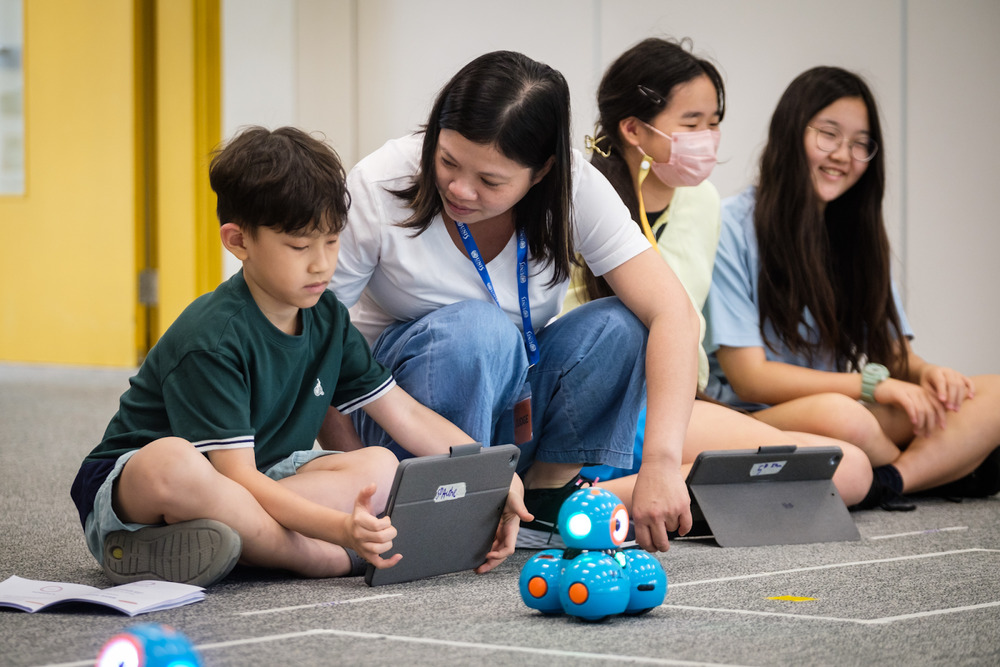
Our Student Support Services further underpin social emotional learning through a tiered Multi-Tiered System of Supports (MTSS) framework. Dedicated counsellors and educational psychologists work alongside teachers to identify students requiring targeted interventions.
Tier 1 services embed universal SEL strategies into every classroom; Tier 2 offers small-group skill-building workshops; Tier 3 provides individual counselling and parent-teacher-student planning.
This holistic model ensures every learner receives the appropriate level of emotional support, fostering resilience and wellbeing across our community.
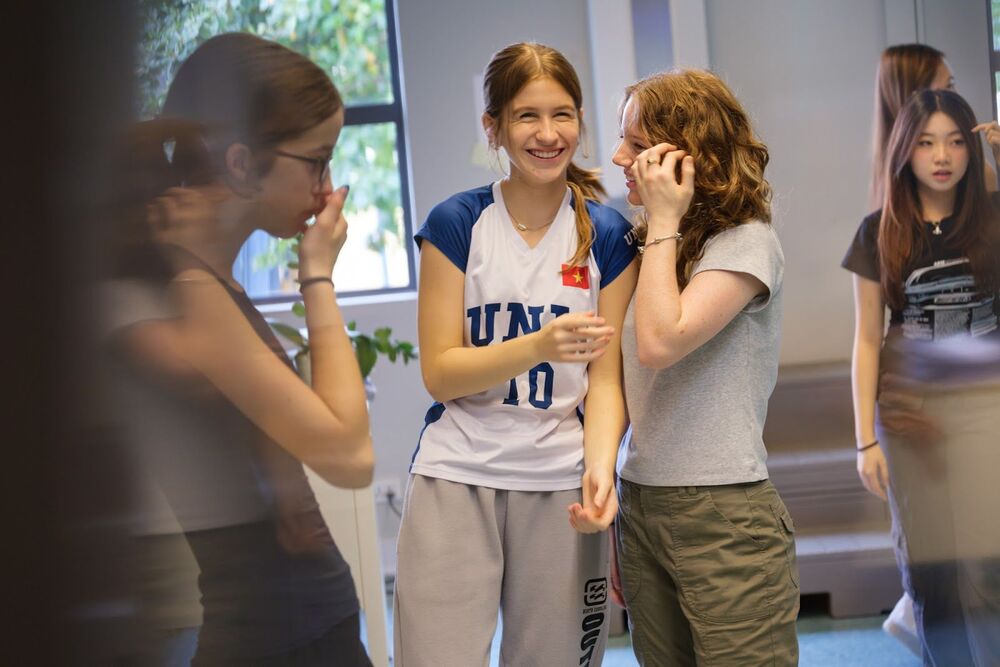
Furthermore, professional development for our faculty includes ongoing SEL training, reflective practice sessions and access to global best-practice networks.
Through collaboration with IB workshop leaders and external SEL experts, we ensure our approach remains dynamic and evidence-based.
By embedding social emotional learning across curriculum, culture, and student services, UNIS Hanoi cultivates emotionally intelligent, socially responsible, and academically motivated learners.
Foster Social Emotional Learning with UNIS Hanoi
Social Emotional Learning supports every student’s ability to connect, reflect, and thrive. As parents, choosing an environment that actively nurtures these skills is one of the most important decisions you can make.
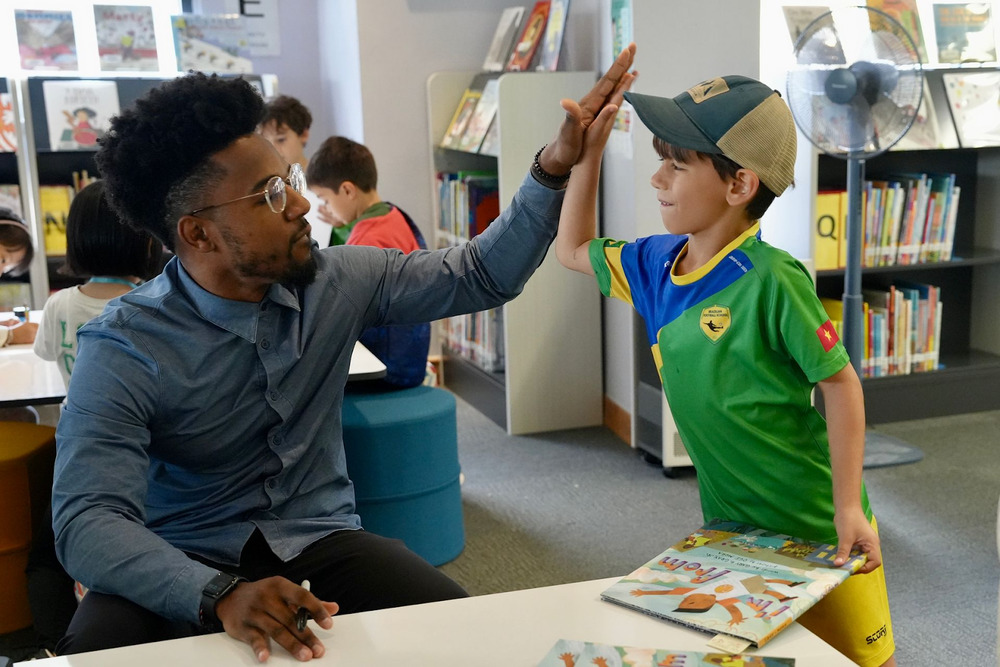
At UNIS Hanoi, social emotional learning is part of our culture, curriculum, and community. We are committed to helping every child grow with purpose and empathy.
Apply today to join UNIS Hanoi, where your child’s full potential is our shared goal!
Author Profile

- UNIS Hanoi is ever-evolving, but one thing that remains is our passion to nurture and equip students to be agents of change for a better world.
Latest entries
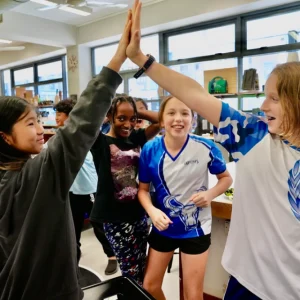 Calendar, News and Publications22 Sep 2025Stress Management Techniques for Students: 8 Proven Methods
Calendar, News and Publications22 Sep 2025Stress Management Techniques for Students: 8 Proven Methods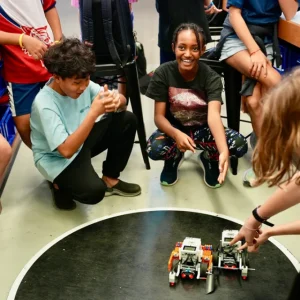 Calendar, News and Publications21 Sep 2025What is an Inclusive Learning Environment? A Parent’s Guide
Calendar, News and Publications21 Sep 2025What is an Inclusive Learning Environment? A Parent’s Guide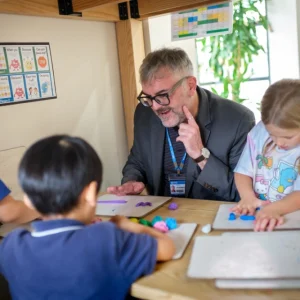 Calendar, News and Publications21 Sep 20258 Game-Changing Innovative Teaching Strategies
Calendar, News and Publications21 Sep 20258 Game-Changing Innovative Teaching Strategies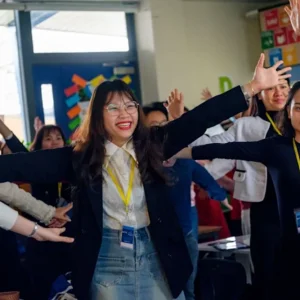 Calendar, News and Publications20 Sep 2025Vietnam Education System: UNIS Hanoi’s Commitment to Local Teachers
Calendar, News and Publications20 Sep 2025Vietnam Education System: UNIS Hanoi’s Commitment to Local Teachers